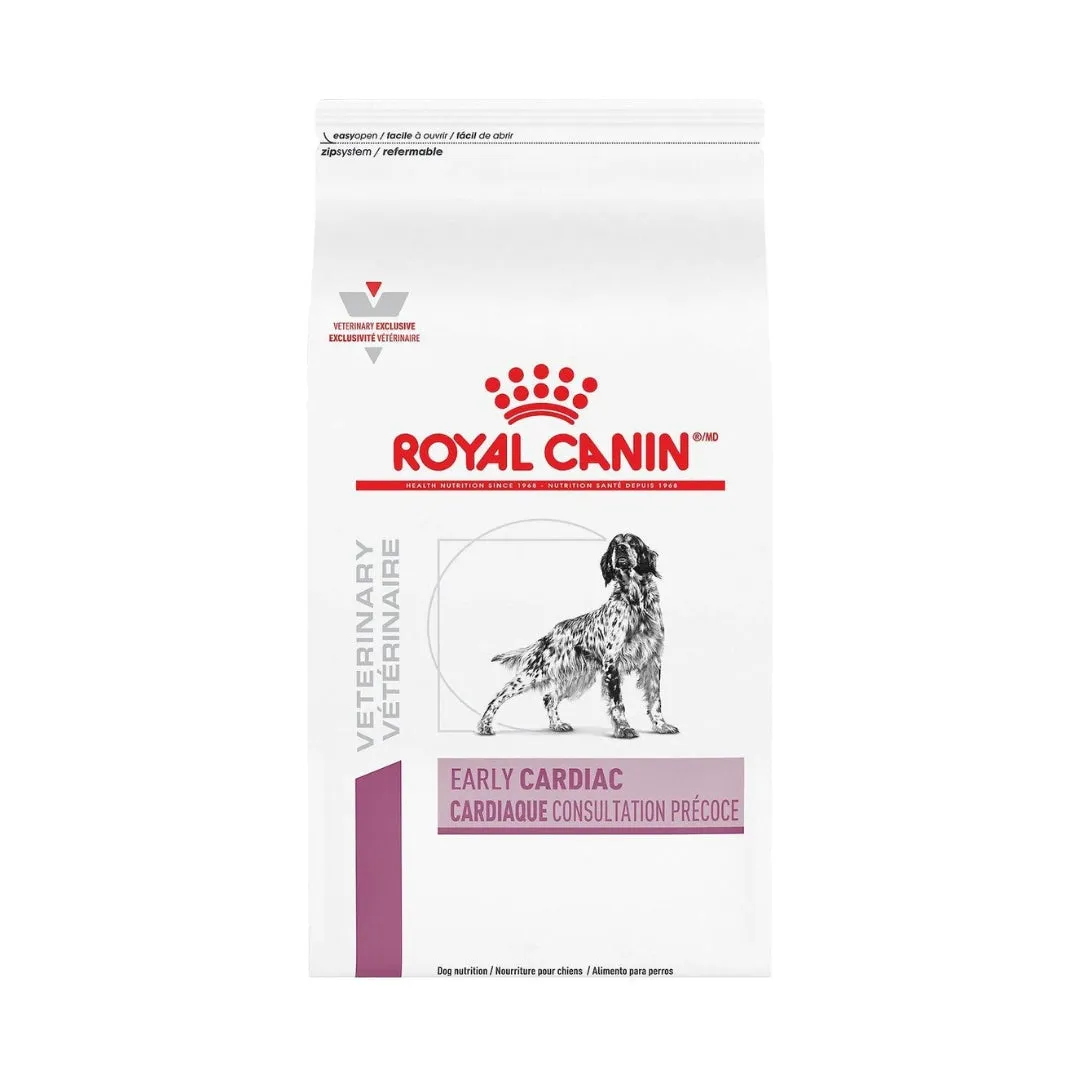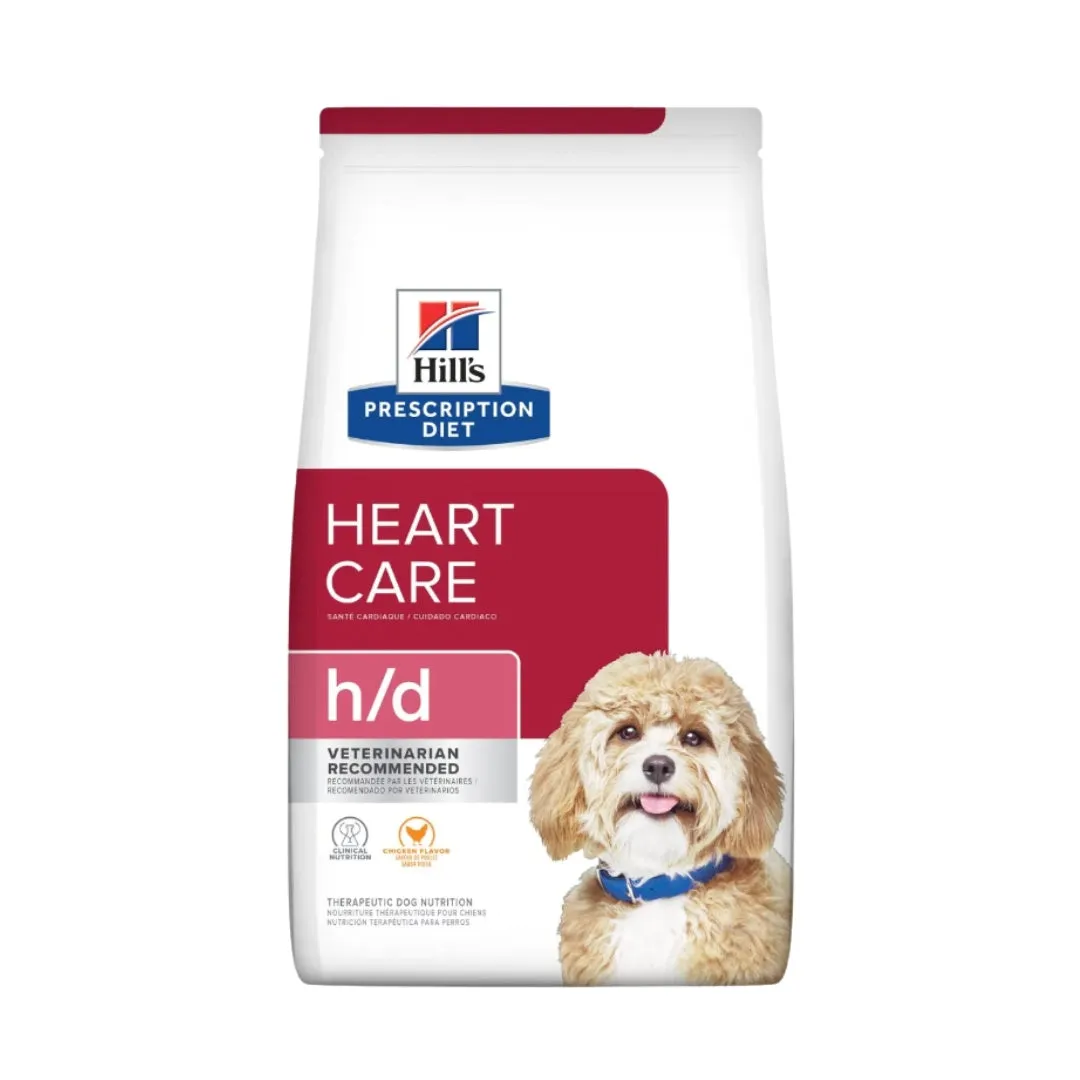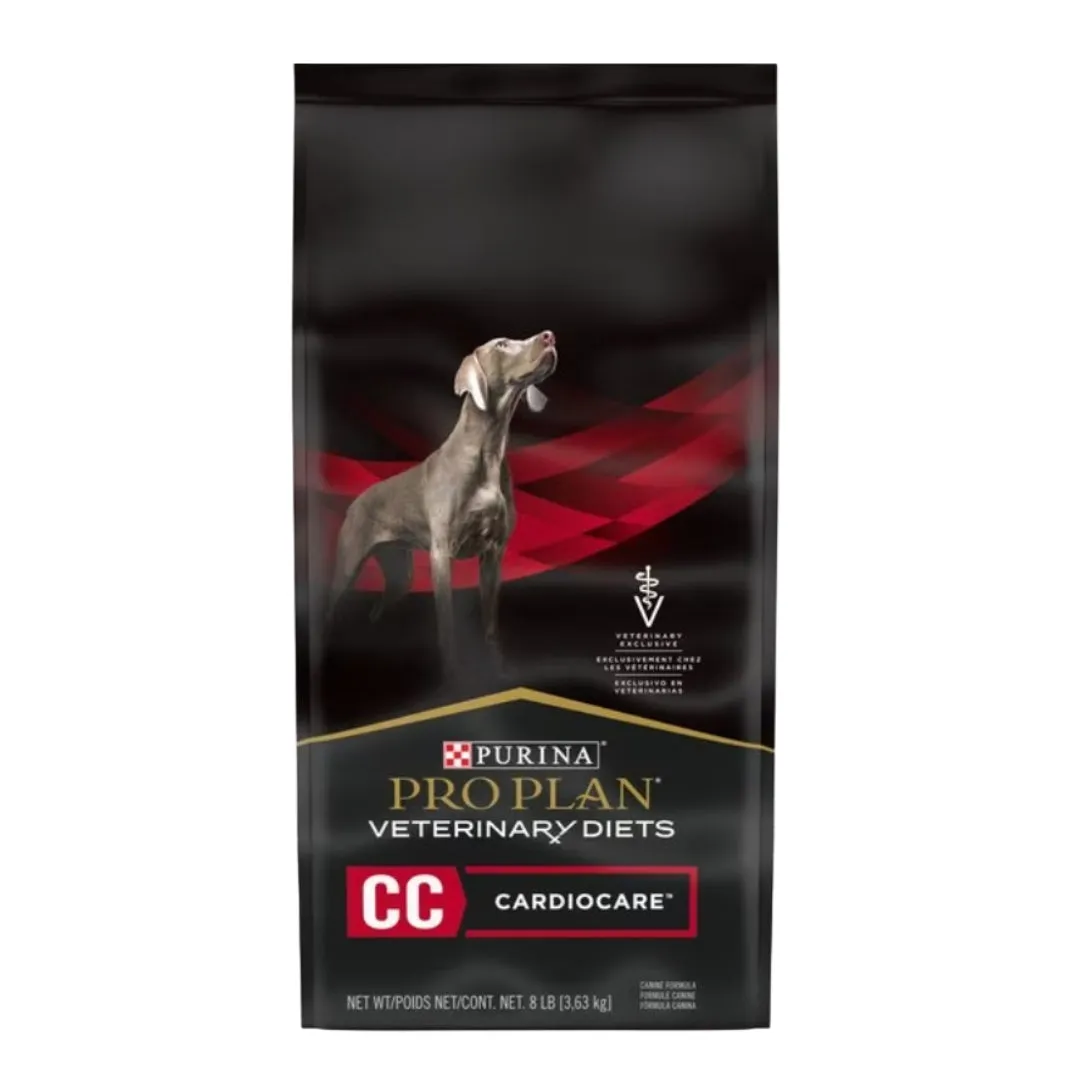Nurturing Small Hearts for Long, Happy Lives
Caring for a small dog with a heart condition can be challenging, but with the right approach to nutrition, you can significantly enhance their quality of life. Congestive heart failure (CHF) is a serious condition that affects many dogs, and small breeds are particularly predisposed to certain types of heart disease that can lead to CHF. This guide will explore the specific dietary needs of small dogs with heart issues, focusing on how to choose the best Heart Healthy Dog Food For Small Dogs to support their cardiovascular health. Understanding the nuances of their condition and adapting their diet accordingly is a cornerstone of effective management, helping your beloved companion stay as active and joyful as possible. Finding the right nutritional balance is just as crucial as any medication, ensuring their tiny hearts get the support they need. You can also explore options like the best dog food for chihuahuas for breed-specific nutritional insights.
Understanding Congestive Heart Failure (CHF) in Small Dogs
Congestive heart failure (CHF) in dogs is a chronic and progressive condition arising from underlying heart disease, such as dilated cardiomyopathy (DCM), valvular heart disease, or hypertension. Symptoms like coughing, difficulty breathing, exercise intolerance, and decreased appetite signal the heart’s inability to pump blood effectively, leading to fluid buildup. Diagnosis typically involves a physical exam, blood tests, X-rays, and an echocardiogram. For small dogs, certain heart conditions are more prevalent, making specialized care and early intervention even more critical.
What is CHF and Why Small Dogs Are Often Affected?
Small dog breeds often face a higher genetic predisposition to specific heart conditions, making them particularly vulnerable to CHF. For instance, Mitral Valve Disease (MVD) is remarkably common in breeds like Cavalier King Charles Spaniels, Dachshunds, and Miniature Poodles. MVD leads to a leakage in the mitral valve, causing blood to flow backward into the left atrium and eventually into the lungs, culminating in Left-Sided Congestive Heart Failure (LS-CHF). This predisposition underscores the importance of proactive care and dietary management for these breeds.
Types of Congestive Heart Failure and Their Impact on Small Breeds
Congestive heart failure (CHF) manifests primarily in two forms, each affecting different parts of the body and presenting distinct symptoms. Understanding these types is key to recognizing and managing the condition in your small dog.
Left-Sided Congestive Heart Failure (LS-CHF) in Small Dogs
In LS-CHF, the left ventricle struggles to pump blood efficiently to the body, causing blood to back up into the left atrium and then into the lungs. This leads to pulmonary congestion and edema (fluid accumulation in the lungs), making it difficult for your small dog to breathe. Symptoms often include a persistent cough, especially at night or after exercise, rapid or labored breathing (dyspnea), and reduced exercise tolerance. For small breeds like Cavalier King Charles Spaniels, this type of CHF is frequently caused by Mitral Valve Disease, where a degenerating valve fails to close properly.
Right-Sided Congestive Heart Failure (RS-CHF) in Small Dogs
Right-sided CHF occurs when the right ventricle fails to pump blood effectively to the lungs, leading to blood backing up into the systemic circulation. This results in fluid accumulation in the abdomen (ascites), causing a swollen belly, and sometimes swelling in the limbs (peripheral edema). While less common in small dogs compared to LS-CHF from MVD, RS-CHF can still occur due to conditions like heartworm disease or Tricuspid Valve Disease. Regardless of the type, appropriate management, including diet, is vital. When considering the dietary needs for breeds like Dachshunds, it’s essential to consult your vet.
The Crucial Role of Diet: Heart Healthy Dog Food for Small Dogs
Diet plays an indispensable role in managing canine CHF, especially for small dogs whose delicate systems can be more sensitive to nutritional imbalances. A carefully selected diet can help reduce fluid retention, ease the heart’s workload, and protect against further damage. This is why choosing the right heart healthy dog food for small dogs is a critical component of their treatment plan.
Key Nutritional Requirements for Small Dogs with CHF
When selecting a heart-healthy diet for a small dog with CHF, several nutritional characteristics are paramount. These components work synergistically to support cardiovascular function and overall well-being.
- Low Sodium: Reducing sodium intake is crucial to minimize fluid retention, which can exacerbate the heart’s workload. Excess sodium can lead to increased blood volume and fluid buildup in the lungs or abdomen.
- High-Quality Protein: Adequate protein is necessary to maintain muscle mass, including cardiac muscle, and support overall organ function without adding strain. Lean protein sources are ideal to prevent obesity.
- Low Fat: A diet lower in fat can help manage weight and reduce the workload on the heart, contributing to better cardiovascular health.
- High Antioxidants: Antioxidants like Vitamins E and C help protect heart cells from oxidative damage caused by free radicals, potentially slowing disease progression.
- Moderate Fiber: Fiber aids in regulating bowel function, which can be beneficial for dogs with CHF by preventing straining, an activity that can put extra pressure on the heart.
- Low Phosphorus: Some dogs with advanced CHF may also develop kidney issues. A diet low in phosphorus can help manage kidney function, which is often intertwined with heart health.
What to Look for in Heart Healthy Dog Food for Small Dogs
Choosing the right commercial diet for a small dog with CHF requires careful consideration. Here are practical tips to guide your selection:
- Prescription Diets: Many veterinarians recommend prescription cardiac diets specifically formulated to meet the unique needs of dogs with heart disease. Brands like Royal Canin, Hill’s, and Purina offer excellent options that are often low in sodium, balanced in protein, and supplemented with beneficial nutrients.
- Label Reading: Always check the sodium content on dog food labels. Look for foods labeled “low sodium” or “cardiac support.” Be wary of treats and human foods that can be high in salt.
- Nutrient Balance: Ensure the diet provides a balanced blend of essential vitamins, minerals, and fatty acids. Omega-3 fatty acids (EPA and DHA), often found in fish oil, are particularly beneficial for their anti-inflammatory properties and ability to support heart function.
- Taurine and L-Carnitine: Some types of Dilated Cardiomyopathy (DCM) are linked to deficiencies in taurine and L-carnitine. For predisposed small breeds or those with specific DCM diagnoses, these supplements or diets rich in them may be recommended by your vet.
- Kibble Size: For small dogs, ensure the kibble size is appropriate for their mouth and dental health to encourage consumption. Many specialized small breed formulas are available.
- Consult Your Vet: Always consult with your veterinarian or a veterinary cardiologist. They can help you tailor a diet plan based on your dog’s specific condition, stage of CHF, weight, and overall health needs.
Consider options like best store bought wet dog food if your small dog prefers wet food, as these can sometimes be lower in sodium.
Foods and Ingredients to Avoid for Small Dogs with Heart Issues
Just as important as choosing the right food is knowing what to avoid. Certain ingredients can worsen CHF symptoms in small dogs.
- High-Sodium Foods: This is paramount. Avoid all processed treats, deli meats, cheese, canned foods with added salt, and especially human table scraps like chips, fast food, or cured meats. Even seemingly innocuous items can contain excessive sodium.
- High-Fat Foods: Foods high in fat can contribute to obesity, which places additional strain on an already compromised heart. Avoid fatty cuts of meat, fried foods, and rich gravies.
- Grain-Free Diets (Unless Vet-Recommended): Recent studies have linked certain grain-free diets to diet-associated Dilated Cardiomyopathy (DCM) in some dogs, irrespective of breed. Unless your veterinarian specifically recommends a grain-free diet due to a medical necessity (e.g., grain allergy), it’s generally safer to stick with balanced formulas containing wholesome grains.
- Excessive Treats: Even if low-sodium, treats should be given in moderation to avoid overfeeding and ensure the primary diet remains the main source of nutrition. Always check labels for sodium content on any treats. For safer alternatives, explore vet approved homemade dog treats recipes that allow you to control ingredients.
Top Recommended Heart Healthy Dog Food Brands for Small Dogs
When selecting a heart-healthy dog food for small dogs, veterinary prescription diets are often the safest and most effective choice. These diets are formulated with precise nutritional balances to support cardiac function.
 Royal Canin Early Cardiac dog food bag, suitable for small breeds
Royal Canin Early Cardiac dog food bag, suitable for small breeds
Royal Canin Veterinary Diet: Early Cardiac
Royal Canin’s Early Cardiac formula is designed to support heart function from the early stages of cardiac disease. It features reduced sodium content and is enriched with EPA and DHA omega-3 fatty acids, known for their beneficial effects on heart health. This diet is particularly suitable for small breeds due to its careful nutrient balance and often smaller kibble size options. A prescription from your veterinarian is required.
- Avg. Cost: $84.99
- RX Required
- Avg. Rating: 4.5
Hill’s Prescription Diet: Heart Care H/D
Hill’s Prescription Diet H/D is specifically formulated to support overall heart health in dogs. It helps reduce sodium intake and maintain optimal body condition, which is vital for small dogs managing CHF. Additionally, H/D is designed to support liver and kidney function, often compromised in advanced heart disease. This formula is available through veterinary prescription.
- Avg. Cost: $84.99
- RX Required
- Avg. Rating: 4.0
 Hill’s Prescription Diet Heart Care H/D dog food bag
Hill’s Prescription Diet Heart Care H/D dog food bag
Hill’s Prescription Diet: Weight Management R/D
For small dogs where weight management is a crucial factor in managing CHF, Hill’s Prescription Diet R/D offers clinical nutrition to help reduce body fat. Maintaining an ideal weight lessens the strain on the heart, making this diet a valuable part of a comprehensive heart health plan if your small dog is overweight. This formula aims to keep dogs satisfied while safely promoting weight loss.
- Avg. Cost: $105.99
- RX Required
- Avg. Rating: 4.7
Royal Canin: Canine Satiety to Support Weight Management
Similar to Hill’s R/D, Royal Canin’s Canine Satiety formula is designed to help dogs achieve and maintain a healthy weight in a safe and balanced manner. With a special blend of fibers, it helps small dogs feel full longer, which is beneficial for calorie restriction. Proper weight management is essential for minimizing the workload on a compromised heart.
- Avg. Cost: $104.99
- RX Required
- Avg. Rating: 4.5
Purina Pro Plan Veterinary Diets: CC CardioCare High Protein
Purina Pro Plan Veterinary Diets CC CardioCare High Protein is formulated to support optimal cardiac function. It includes a specific blend of amino acids and fatty acids designed to maintain healthy heart structure and function. This high-protein formula helps preserve lean muscle mass, which is important for dogs with heart disease. Like other specialized cardiac diets, it requires a prescription.
- Avg. Cost: $75.99
- RX Required
- Avg. Rating: 4.0
 Purina Pro Plan Veterinary Diets CC CardioCare High Protein dog food bag
Purina Pro Plan Veterinary Diets CC CardioCare High Protein dog food bag
Beyond Diet: Supporting Your Small Dog’s Heart Health
While a heart-healthy diet is a cornerstone of managing CHF in small dogs, a holistic approach combining various supportive therapies can further improve their quality of life. Understanding these additional measures is key to comprehensive care.
Oxygen Therapy: A Breath of Fresh Air for Small Dogs with CHF
Supplemental oxygen can be a lifeline for small dogs with congestive heart failure, especially during episodes of respiratory distress. Increasing the oxygen concentration in the air your dog breathes helps alleviate symptoms like rapid or labored breathing, directly reducing the workload on their heart. Oxygen concentrators are commonly used, delivering oxygen via a specialized chamber or a pet oxygen mask. Portable oxygen kits can be invaluable for at-home use, providing immediate relief when needed.
 PureVent Oxygen Chamber and concentrator in a home setting
PureVent Oxygen Chamber and concentrator in a home setting
Holistic Management: Exercise, Weight, and Regular Vet Check-ups
Managing CHF extends beyond just diet and medications. Regular, gentle exercise tailored to your small dog’s capacity is important for maintaining muscle tone and overall well-being, but strenuous activity should be avoided. Maintaining an ideal body weight is crucial, as obesity significantly strains the cardiovascular system.
Continuous monitoring through regular veterinary check-ups is essential to track the progression of the disease and adjust treatment plans as needed. These check-ups typically include physical examinations, blood tests, and imaging to assess heart function and fluid buildup. Proactive care, combined with vigilant observation for any changes in your dog’s condition, empowers you to provide the best possible support for their ongoing heart health.
 Small dog resting comfortably in an oxygen chamber at home
Small dog resting comfortably in an oxygen chamber at home
Conclusion: Partnering for Your Small Dog’s Heart Wellness
Managing congestive heart failure in small dogs requires dedication, knowledge, and a close partnership with your veterinarian. By focusing on a specialized heart healthy dog food for small dogs—one that is low in sodium, balanced in essential nutrients, and often prescription-based—you provide fundamental support for their compromised hearts. Complementing this with appropriate exercise, vigilant weight management, and potentially oxygen therapy, creates a comprehensive care strategy. While CHF is a permanent condition, proactive and informed care can significantly slow its progression and enhance your small dog’s quality of life, allowing them to enjoy many more comfortable and happy moments by your side. Always consult your veterinarian for personalized guidance and the most effective treatment plan for your beloved companion.
